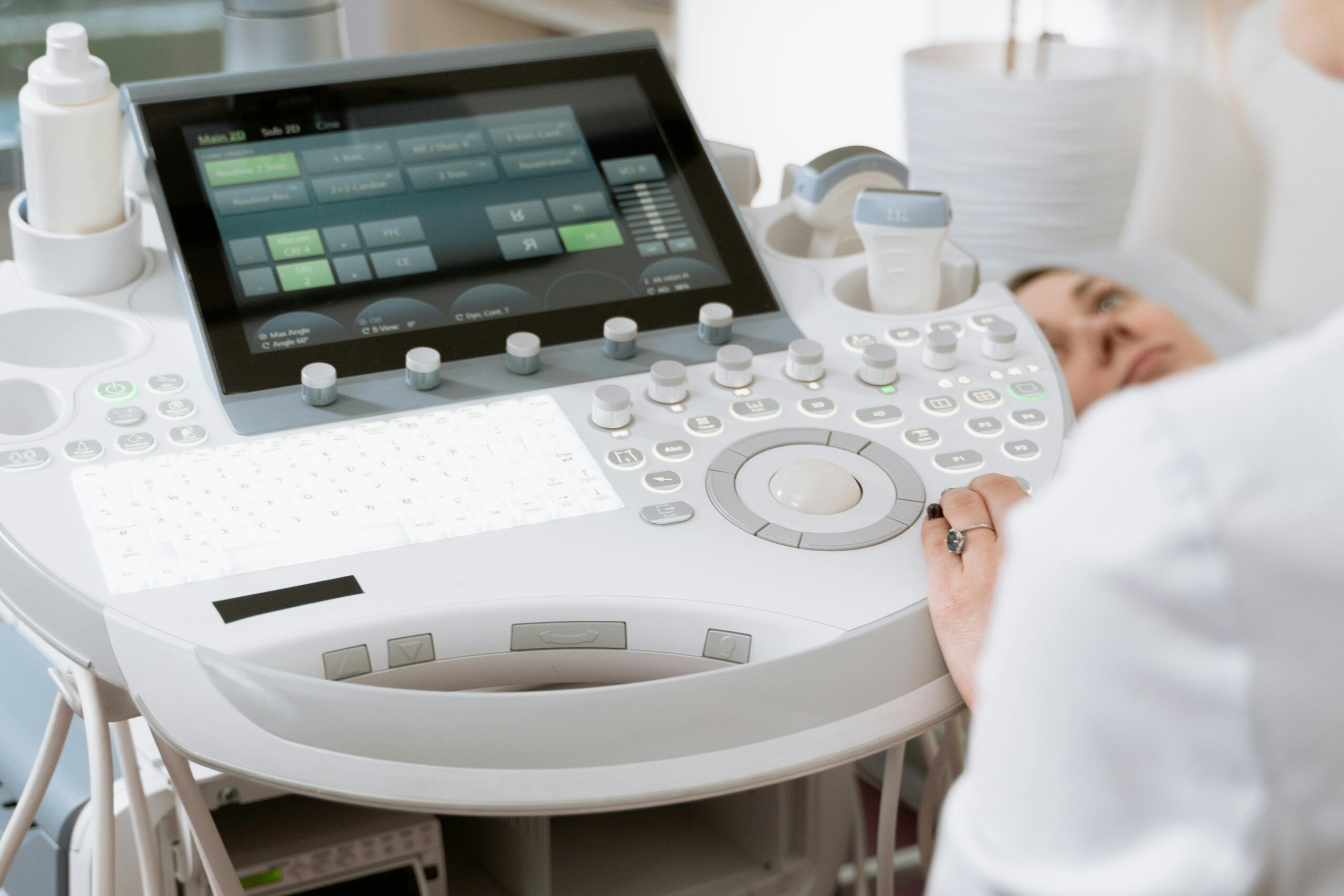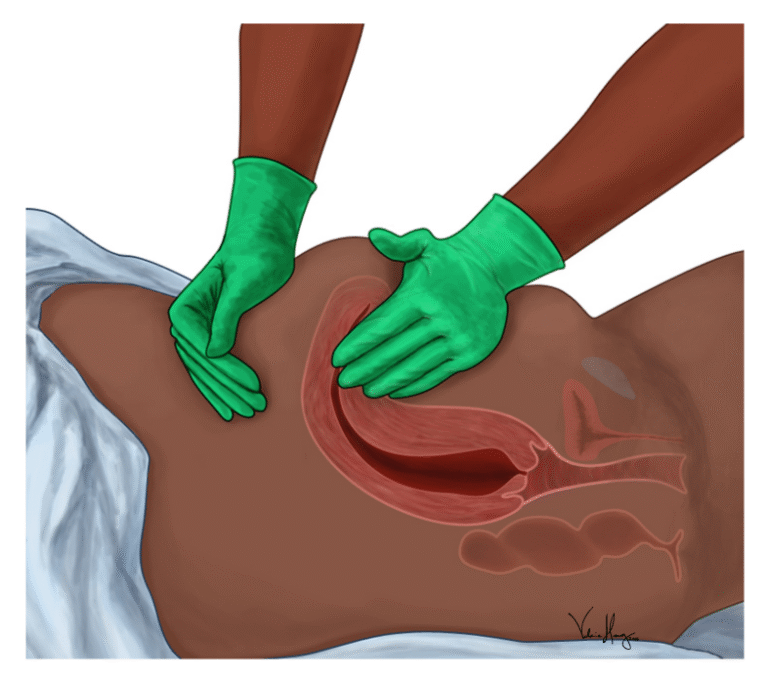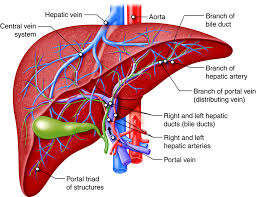What Can a Gynecologist Diagnose?

A gynecologist specializes in the health and wellness of the female reproductive system, providing care and guidance for various conditions. These medical professionals are trained to diagnose and manage issues related to hormonal balance, reproductive health, menstruation, and infections. Understanding the range of conditions a gynecologist can address is beneficial for knowing when to seek their expertise.
Hormonal Imbalances
Hormonal imbalances can affect women at any stage of life, with symptoms that range from mild to severe. A gynecologist is trained to evaluate hormonal changes and their impact on the body, focusing on conditions such as polycystic ovary syndrome (PCOS), thyroid issues, and menopause-related hormone shifts. These conditions often require careful assessment of symptoms, medical history, and lab tests to identify the root cause.
Treatment options may involve lifestyle adjustments, medication, or further referrals. Hormonal imbalances can manifest in various ways, such as weight fluctuations, fatigue, or irregular menstrual patterns. Early diagnosis and management play a significant role in maintaining overall health and minimizing related complications.
Reproductive Disorders
Reproductive health issues can stem from structural, functional, or genetic causes. Gynecologists often diagnose and address the following reproductive disorders:
- Endometriosis: A condition where tissue similar to the uterine lining grows outside the uterus, causing pain and discomfort.
- Uterine Fibroids: Non-cancerous growths found in the uterus that may affect fertility or cause heavy bleeding.
- Ovarian Cysts: Fluid-filled sacs on or inside an ovary that can vary widely in size and impact.
- Pelvic Organ Prolapse: A condition where pelvic organs, such as the bladder or uterus, drop due to weakened tissues and muscles.
- Infertility Issues: Difficulties with conception, whether due to hormonal, physical, or other underlying factors.
Each of these conditions requires a tailored approach to diagnosis and care, often involving specialized tests or imaging.
Menstrual Irregularities
Irregularities in menstruation can signal underlying issues that require professional evaluation. Gynecologists diagnose conditions such as amenorrhea (absence of a period), dysmenorrhea (painful periods), and heavy or unpredictable bleeding. These disturbances may stem from factors like hormonal imbalances, uterine abnormalities, or lifestyle changes.
Menstrual irregularities are assessed using a combination of medical history, physical exams, and diagnostic tools. Understanding the cause is beneficial for resolving symptoms and preventing potential complications. Whether the issue is temporary or indicative of a more significant condition, a gynecologist can guide patients toward resolution.
Infections
Gynecologists diagnose and treat a range of infections that can affect the female reproductive system. These may include:
- Yeast infections: Caused by an overgrowth of Candida fungus, resulting in itching, irritation, and discharge.
- Bacterial vaginosis: An imbalance in vaginal bacteria that can cause unusual discharge and odor.
- Sexually transmitted infections (STIs): Conditions such as chlamydia, gonorrhea, herpes, and human papillomavirus (HPV) that may present with a variety of symptoms or, in some cases, none at all.
- Urinary tract infections (UTIs): Infections in the urinary system, which can cause discomfort, frequent urination, or pelvic pain.
- Pelvic inflammatory disease (PID): An infection often linked to untreated STIs, potentially affecting reproductive organs.
Identifying these infections promptly is beneficial for managing symptoms and reducing the risk of complications.
Talk to a Gynecologist Today
Proactive and informed care can make a significant difference in promoting reproductive health. Whether you’re seeking answers about hormonal changes, reproductive concerns, or infections, a gynecologist is equipped to provide accurate diagnoses and tailored solutions. Scheduling regular check-ups assures early detection and helps maintain overall wellness. Take the first step by consulting a gynecologist today for expert guidance and support.
- What to Expect When Visiting a Foot and Ankle Specialist
- Causes of PTSD
- The Link Between Plantar Fasciitis and Weight Gain: What You Need to Know
- How Pet Ownership Can Positively Impact Life with Fibromyalgia
- The Importance of Stretching and Flexibility in Sports Medicine
Dr. Emma Green is a health and wellness expert with over 10 years of experience in nutrition and fitness. Passionate about helping others live their healthiest lives, Dr. Green shares practical advice on wellness, nutrition, and sustainable living through LivingSpristine.






